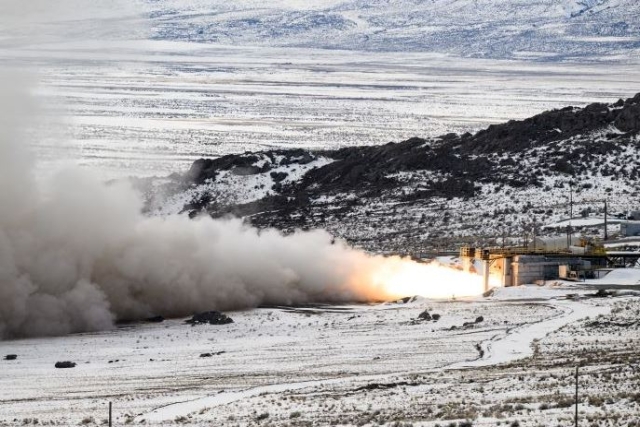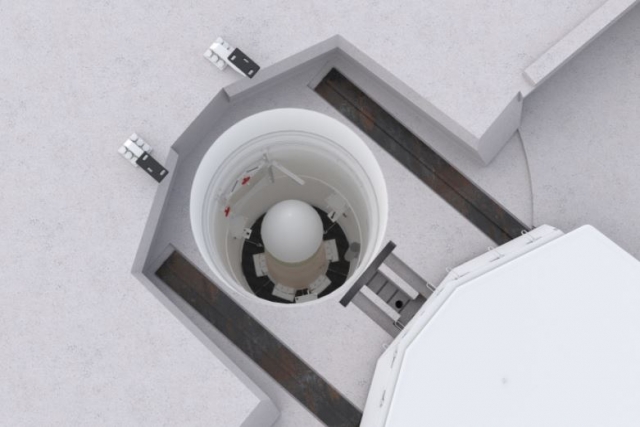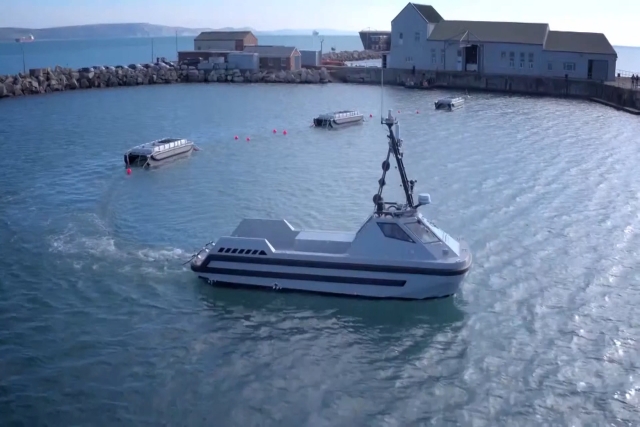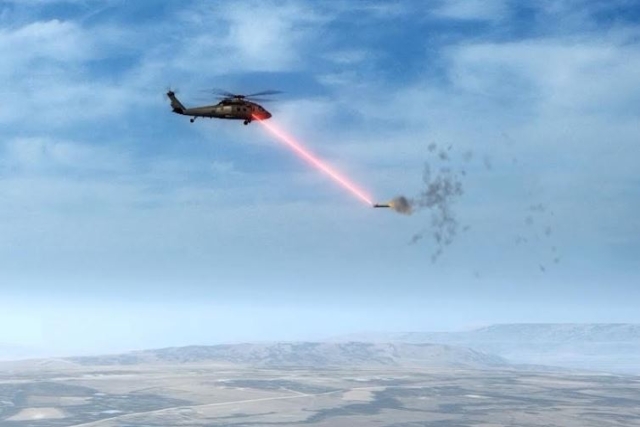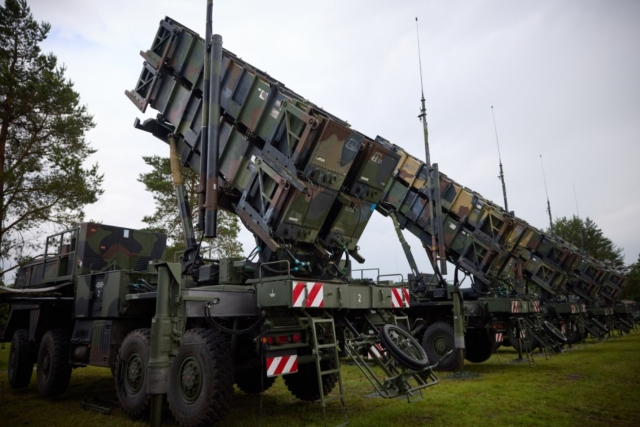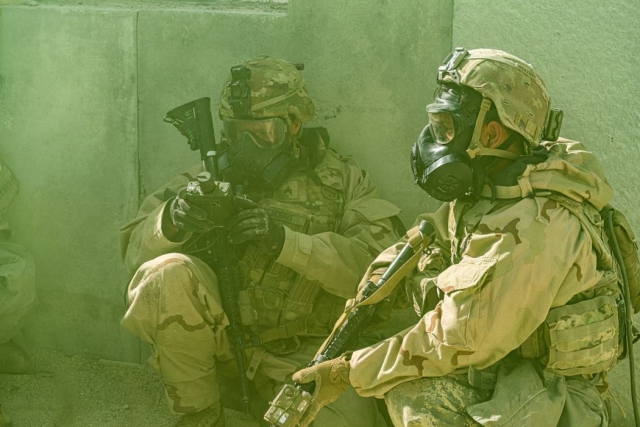U.S. Minuteman III Replacement Program Faces Soaring Costs Amid $95.8B Budget Blowout
Sentinel program is now grappling with a 37% cost overrun compared to pre-pandemic estimates
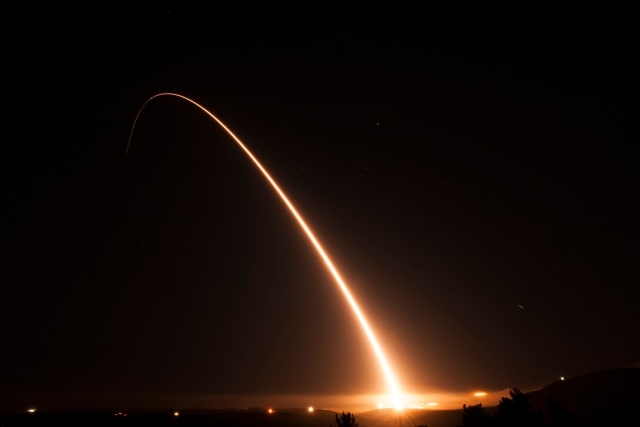
The United States' endeavor to replace its ground-based nuclear arsenal, anchored by the Minuteman III, has officially blown through its budget of $95.8 billion due to the unforeseen impacts of the COVID-19 pandemic and inflation, according to a statement released by the Air Force on Thursday.
The program, dubbed Sentinel and managed by Northrop Grumman Corp, is now grappling with a whopping 37% cost overrun compared to pre-pandemic estimates finalized in September 2020. Andrew Hunter, Assistant Secretary of the Air Force for Acquisition, Technology, and Logistics, revealed in an interview with Reuters that the total program cost has surged beyond $131 billion.
Program changes, including the expansion of silos and the adoption of more durable materials, have contributed to the escalating costs. The U.S. Secretary of Defense is set to conclude a comprehensive review by summer, with the possibility of further cost increases looming.
The Minuteman intercontinental ballistic missile (ICBM), an integral part of the nuclear triad alongside nuclear-capable bomber aircraft and submarine-launched nuclear arms, has proven to be particularly expensive to replace.
"It's been over 70 years since we did the ground piece of this. We didn't estimate it well," admitted Andrew Hunter, highlighting the unique challenges associated with the Minuteman III replacement.
The cost overrun has triggered the Nunn-McCurdy Act, a 1982 law demanding formal justification from the Pentagon to Congress when unit acquisition costs surpass a 25% threshold above the baseline.
The financial strain is most acutely felt in modernizing the 450 missile silos and their command infrastructure, including the installation of 7,500 miles of new cables. The program encompasses the acquisition of trucks, training, command buildings, and a total of 659 missiles. However, Hunter clarified that the missiles themselves are not responsible for the cost overrun.
While the development, design, and procurement phases of the Sentinel program are underway, the challenges have been exacerbated by evolving specifications, increased square footage, and the introduction of new systems with greater power demands.
Northrop Grumman Corp, the contractor responsible for the project, expressed commitment to supporting the Air Force as it reassesses and updates acquisition cost forecasts for future phases of the program.
Despite the setbacks, Mike Rogers, Chairman of the House Armed Services Committee, emphasized the necessity of Sentinel for the nation's nuclear deterrent. "I'm committed to conducting vigorous oversight of the program and ensuring the Air Force follows through on making the necessary changes to address the cost overruns," Rogers stated.
As the Nunn-McCurdy review unfolds, the Air Force remains resolute in executing the program, though potential shifts in the timeline will be subject to the Office of the Secretary of Defense's scrutiny.
